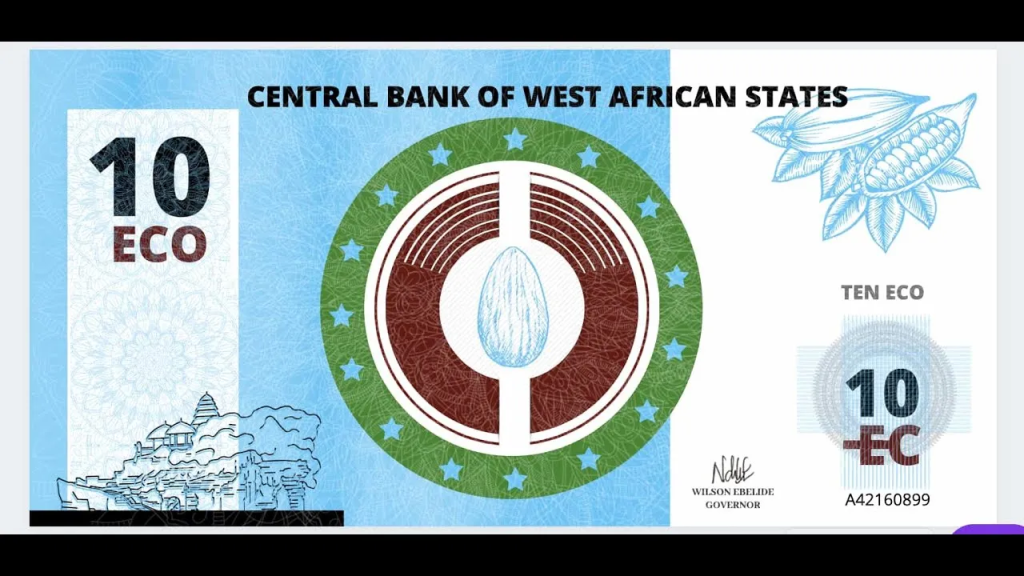The Economic Community of West African States (ECOWAS) has re-established its commitment to introducing its single currency, the ECO, with a revised launch date of 2027.
This decision was reached during the 66th Ordinary Session held in Abuja, where leaders reviewed progress on the long-delayed plan.
Originally scheduled for rollout in 2020, the ECO’s launch was pushed back due to challenges, including the COVID-19 pandemic.
ECOWAS leaders have now adopted key criteria proposed by a High-Level Committee to identify the first group of member states ready to introduce the currency. Other nations will gradually join the monetary union at a later stage.
The bloc has tasked the ECOWAS Commission and the West African Monetary Agency (WAMA) to incorporate the new criteria into the protocol for establishing the ECOWAS Monetary Union.
Leaders also called for immediate financial contributions from member states and central banks to support necessary reforms and institutions for the project.

The single currency is expected to boost trade, lower transaction costs, and foster stronger economic integration within the region.
ECOWAS believes the ECO will address existing challenges caused by non-convertible national currencies, enabling smoother intraregional trade and economic prosperity.
In addition to discussions on the ECO, the Authority addressed food security concerns, urging swift implementation of the Regional Rice Self-Sufficiency Roadmap and the Livestock Development and Pastoral Systems Security Strategy.
Leaders emphasised the importance of aligning regional initiatives with the Comprehensive African Agriculture Development Programme’s long-term action plan.
The successful rollout of the ECO may involve a phased approach, where national currencies remain in use temporarily alongside the ECO, or the creation of distinct ECO zones pegged to the new common currency.
ECOWAS leaders expressed confidence that meeting the 2027 target would strengthen economic cooperation and stability across the region.


